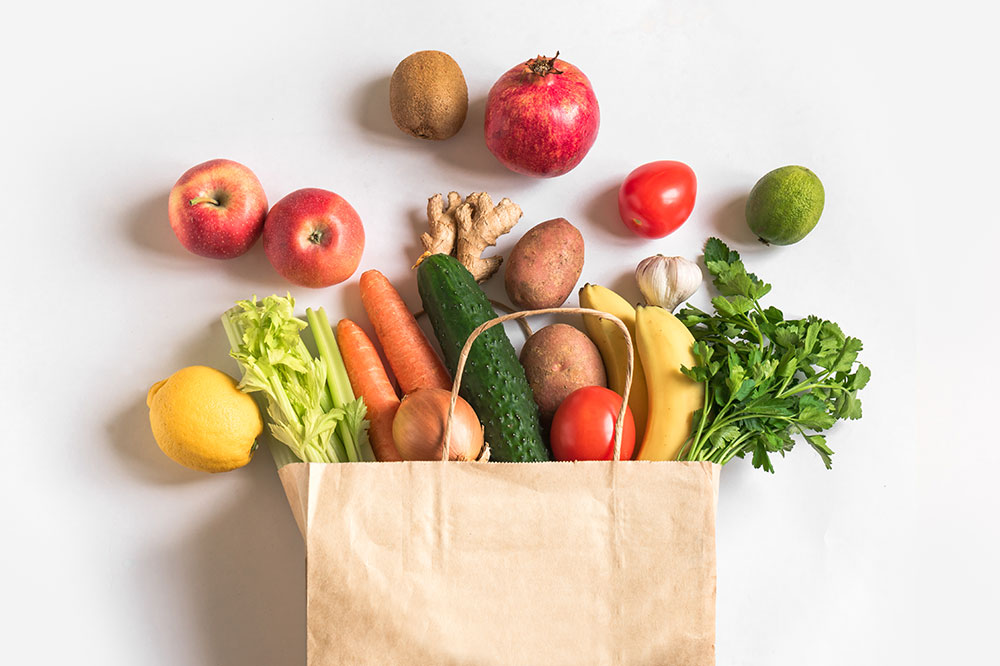4 eating tips for good bone health
Just like any other organ, our bone structures require essential vitamins and minerals for overall maintenance. Foods and beverages provide a significant portion of this nutrition, so you must pay careful attention to what you eat to prevent nutritional deficiencies that can lead to poor bone health. Here are a few eating tips to promote healthy bones.
Eat foods rich in calcium
Calcium is an essential mineral as it promotes bone health.

Opt for foods rich in vitamin D
Vitamin D helps the body absorb calcium, making it a vital nutrient. Fortified dairy products and fatty fish like salmon, mackerel, tuna, and sardines are rich sources of this nutrient. Additionally, sunlight exposure helps the body produce this vitamin and absorb more nutrients. The recommended daily intake of vitamin D is 600 International Units (IU) for adults aged 19 to 70, and it goes up to 800 for older adults.
Add protein-rich food to your plate
Proteins are important building blocks for muscles and bones. The nutrient can be sourced from meats, poultry, and a variety of dairy products. Protein affects the bone structure mainly during one’s formative years, but it is also necessary for maintaining it later.
Foods to avoid for good bone health
Certain foods should be avoided as they can trigger changes in metabolism that affect the body’s natural hormonal balance. For example, store-bought salty foods and other processed or high-sodium foods force the body to release stored calcium. Additionally, excess alcohol consumption and caffeinated or carbonated drinks accelerate the loss of bone mass and density. So, it’s best to steer clear of such foods and beverages or consume them in moderation.















